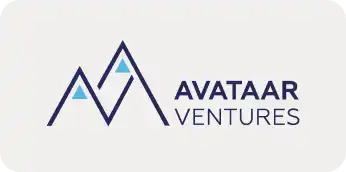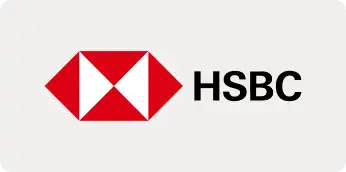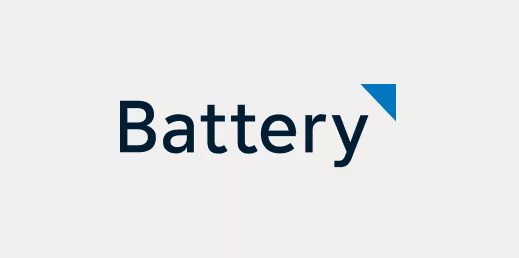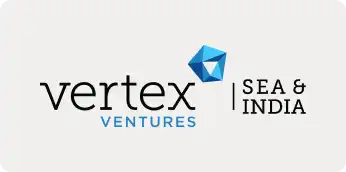“Adapt or die” isn’t just a cliché in the startup world—it’s a survival strategy. Vignesh Girishankar, Co-founder & Chief Product Officer of Rocketlane, embodies this mantra. On August 11, 2024, he shared his entrepreneurial journey during a SaaSBoomi roundtable held in Bangalore.
He talked about the highs and lows of building Konotor, FreshChat, and Rocketlane, offering key insights into market strategy, product development, and knowing when to pivot. His experiences highlight the importance of market signals, the power of targeting large markets, and the wisdom of aligning your product with your team’s strengths.

Key Takeaways:
1. Somewhat Traction Isn’t Always Enough
“We had enough traction, but not enough traction to build a large business,” Vignesh reflected on his experience with Konotor. The team had bagged several big clients, but it wasn’t enough to scale into a large enterprise. As a result, they decided to be acquired. Freshworks showed interest. A meeting with Lee Fixel of Tiger Global, who mentioned that Freshworks could be a good home for Konotor, reignited the possibility. The next morning, Girish Mathrubootham from Freshworks called to confirm their decision to acquire. This marked a pivotal moment in their journey, even though their subsequent product, Hotline—a mobile-first messaging service—did not succeed in the market.
2. Market Trumps All Else
Vignesh emphasized the importance of responding to market signals. When Intercom, a competitor, launched a desktop version of their service, it prompted Freshworks to pivot from Hotline’s mobile-first focus to websites and web apps focused version chat service – FreshChat. This strategic shift led to significant growth, demonstrating that adapting to market changes can be a game-changer.
2. The Power of Large Markets
After successfully launching FreshChat, Vignesh and his team decided to target a larger market with Rocketlane. However, they understood the challenges of entering a noisy, competitive space. They focused on creating a product wedge and a differential advantage in a specific segment, ensuring they could stand out. Vignesh stressed the importance of identifying your right to win the customer and market, whether through strategic positioning or developing a feature with a 10X impact.
3. Founder’s DNA & Unfair Advantage
Vignesh highlighted the importance of aligning your product with your team’s strengths. For Rocketlane, the team’s desire to work on customer-facing projects gave them a clear pull dynamic. By leveraging their unique skills and experiences, they created an unfair advantage that resonated with their market.
4. Push & Pull Agenda
Vignesh discussed how there has to be a marrying of the founder’s vision and the market need. You can’t build a product just by asking customers what they want, nor can you create one solely based on vision without market input. Both must come together to help you understand what’s important and refine your vision.
5. Customer Discovery and Community Building
Vignesh emphasized the role of customer discovery in Rocketlane’s success. The team gathered feedback early and often, creating mock-ups and engaging with their community. Even before launching the product, they spoke to 250+ prospective customers on the pain point relating to onboarding, built a 3k+ member community that significantly boosted distribution and growth. The team also involved all members—Product, Design, and Tech—in the design iteration process, ensuring alignment and minimizing potential issues before the engineering phase.
Additional Tips on Customer Discovery:
- Request a Future Testimonial: Ask customers to imagine providing a future testimonial of your product, assuming it solves their current problem effectively. This exercise helps you identify the key requirements and non-negotiables that are most important to them.
- Engage Where Your ICPs Are: Spend time in forums, sessions, and conferences where your Ideal Customer Profile (ICP) gathers. These settings are often rich sources of insights into customer pain points, complaints about existing products, and unmet needs.
- Seek Honest Feedback: When developing a product, it’s crucial for founders not to have “happy ears.” Let prospects and those giving feedback know upfront that critical, straightforward feedback is invaluable for refining your product.
6. Product Development Best Practices
Vignesh shared practical tips for product development. At Rocketlane, they used Figma for product demos and followed a structured development rhythm, with engineers starting tasks on Monday and presenting their work on Friday. Vignesh also recommended not to fill your roadmap with just customer requests, instead balance it out with a few big bets of 10X impact features, which can differentiate you meaningfully from the competition. Templating and presentation mode, two key features in Rocketlane, emerged from this approach.
7. Slow is Smooth, and Smooth is Fast
Vignesh recommended taking time to let ideas marinate before acting on them. He noted that ideas that have been carefully considered tend to be more refined, and this thoughtful approach can lead to greater success and clients to take you seriously. Lastly, do not build anything that does not lead to product market fit – let that be your internal compass for prioritization.

Wrapping it up
Vignesh’s journey from Konotor to Rocketlane offers valuable lessons for SaaS founders. His insights emphasize the importance of responding to market signals, targeting the right market, and aligning your product with your team’s strengths. By being thoughtful, staying responsive to market changes, and committing to the long haul, founders can increase their chances of building and scaling successful products in the SaaS world.
This article captures the learnings from our Playbook Roundtable Session. To learn more about Playbook Roundtables check out our initiative and join the community for exclusive insights and takeaways you can put to action.
























